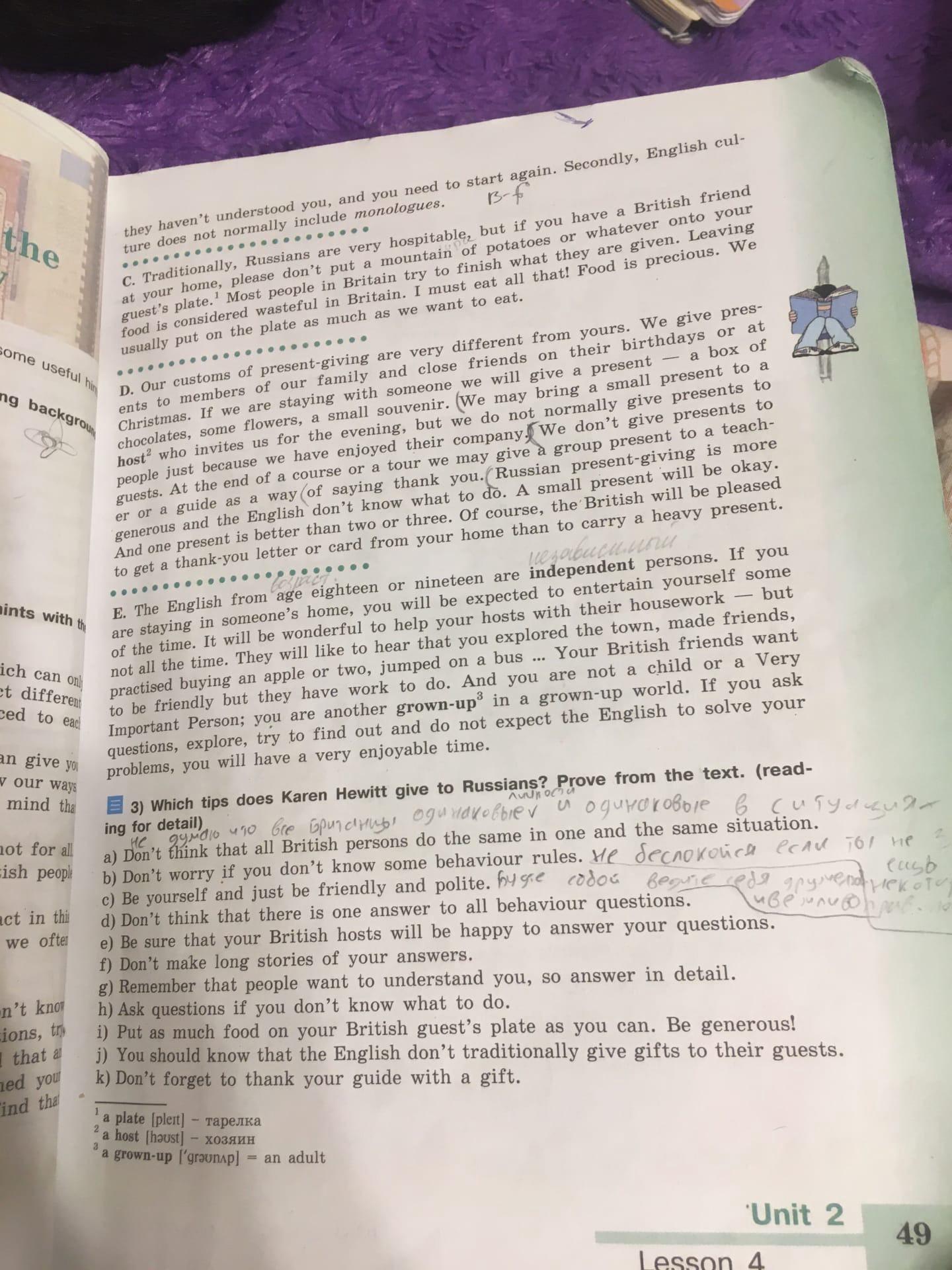Предмет: Английский язык,
автор: Dynarka86
100 БАЛЛОВ!!! Выпиши из всего текста (под всеми буквами) в 2 группы ПРАВИЛЬНЫЕ и НЕПРАВИЛЬНЫЕ глаголы. Очень очень очень надо.
Приложения:


Dynarka86:
Извиняюсь, плохо шарю, получается, что для отвечающих 50 баллов, да?.
Ответы
Автор ответа:
0
Ответ:
неправильные:
shake, do,give know,find,have,be, feel,understood,eat,bring, made,tell,put,get.
правильные:
try,live,remember,mind,say,may, answer,ask,need, before,start,close, stay, will,help,jump,want, work.
Похожие вопросы
Предмет: Английский язык,
автор: alia07jk
Предмет: Английский язык,
автор: alia07jk
Предмет: Английский язык,
автор: alia07jk
Предмет: Русский язык,
автор: marina829
Предмет: Русский язык,
автор: Willas